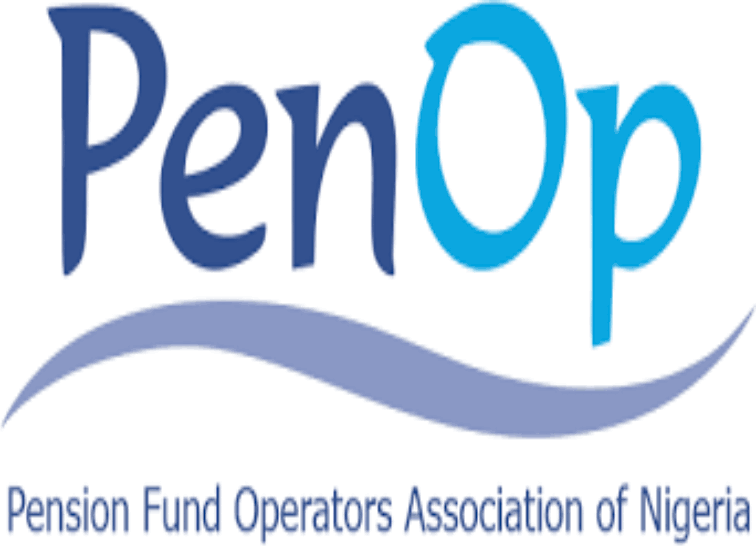By Henry Uche
In a bid to promote knowledge sharing and overall well-being within the industry, the Pension Fund Operators Association of Nigeria (PenOp) recently held a knowledge sharing session focused on cancer awareness for young professionals.
The session was aimed at sensitizing participants to the risks associated with cervical and prostate cancers, and the importance of early detection. Attendees were encouraged to adopt preventive health practices and undergo regular health screenings.
A medical expert, Dr. Oluwatimilehin, provided practical insights into the causes, prevention, and early detection of cancer. He explained the basic differences between malignant and benign tumors, stressing the importance of regular checkups and prioritizing personal health, particularly among working professionals.
Focusing on cervical cancer, Dr. Oluwatimilehin noted that it is the second most common cancer in women globally and is primarily caused by high-risk HPV infections. He encouraged preventive measures such as: HPV vaccination for children aged 8–14; regular Pap smears; safe sex practices, and healthy lifestyle habits.
On prostate cancer, he explained that although the disease often progresses slowly, it could be life-threatening if not detected early. He highlighted key risk factors such as age, genetics, and lifestyle. He recommended that men undergo regular Prostate-Specific Antigen (PSA) tests, Conduct Digital Rectal Exams (DREs) from age 40 or earlier if at high risk.
The session also addressed common myths, including the belief that frequent sexual activity prevents prostate cancer. Oluwatimilehin clarified that while some natural remedies can support general wellness, they should not replace proper medical care.
While participants raised concerns on cancer prevention, genetic predisposition, and treatment options, he responded to questions around breast cancer screenings, genetic testing, and the importance of annual comprehensive health assessments for both men and women.
The session closed with a strong message on the importance of recognizing risk factors, taking proactive steps, and prioritizing preventive healthcare.


















Leave a comment